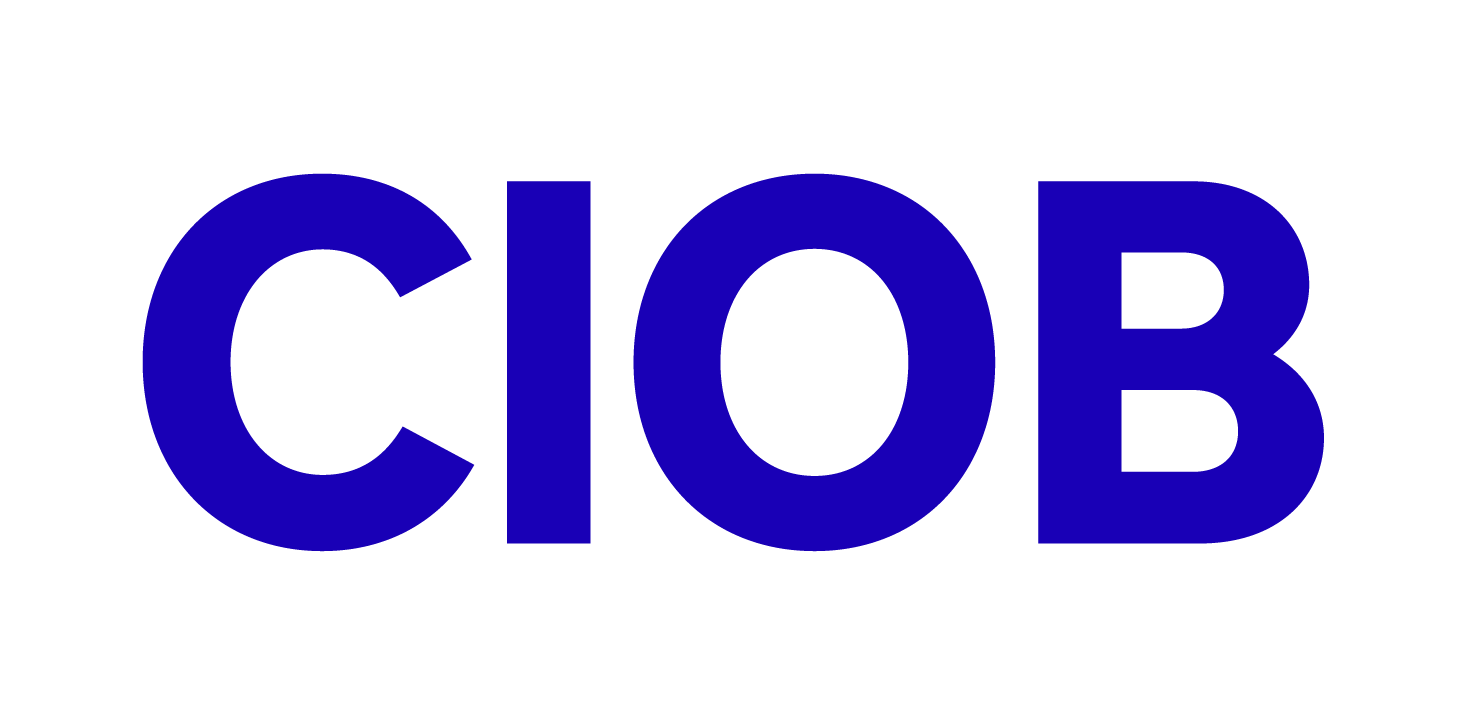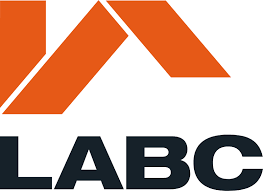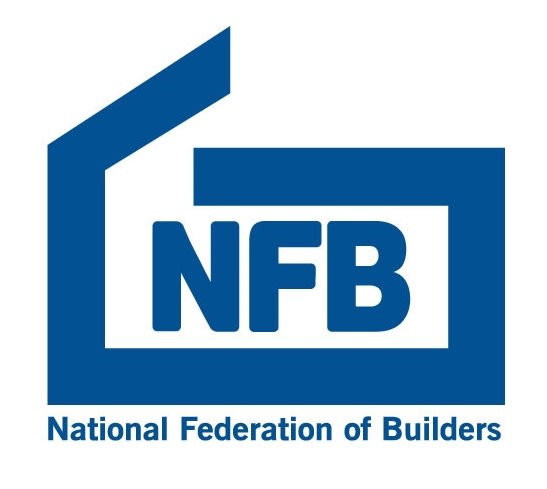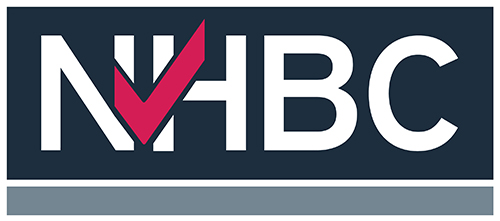Gowling WLG have kindly shared with us some of their podcasts that they think would be especially of interest to our members. They focus mainly on Sustainability and the Building Safety Act.
Please take a look at some of the titles below and click on the links to listen.
- The latest podcast in our ‘How we live Sustainably…’ series, titled ‘How we live… Sustainably: Environment Bank’. This episode discusses the role Biodiversity Net Gain plays in sustainability and how the recent Environment Act has impacted the building industry.
- A new podcast on ‘How we live… Safely’ which takes a closer look at the Building Safety Act, which received Royal Assent on 28 April 2022 and comes into force this week (28 June 2022).
- Gowling’s newly launched playbook, ‘The Language of Leadership: Six Lessons from the Changing Room to the Boardroom’ aims to connect the power of sport to business in a new way and examines the language sportspeople use for clues to their success.
Nottingham Club are looking forward to their re-launch on the 29th September with a Drinks Reception at The Island Quarter.
The new Club are asking for volunteers to join the Club committee.
A brand new Chair person is being sought and also a vice chair and secretary.
If you are interested please contact Lynn: lynn.broughton@cemidlands.org
There will also be a Nottingham Leadership Dinner on 10th November
One of UK construction’s most recognised executives has been chosen to succeed Andy Mitchell as the new Co-Chair of the Construction Leadership Council.
Following an open recruitment process, an independent panel comprising industry, members of the CLC’s Senior Advisors Group and Government officials, recommended Mark Reynolds (Mace Group Chairman and CEO) to lead the CLC in partnership with Lee Rowley MP (BEIS Minister for Industry).
The panel also recommended Richard Robinson (CEO, Atkins UK and Europe) for the newly created Deputy Co-Chair role. Mr Reynolds has played a key leadership role in the CLC in recent years, including jointly chairing its People & Skills work stream; and co-ordinating its response to the Covid pandemic. As a member of CLC’s Steering Co-Ordination Group, he shaped the CLC’s 2022 Strategy with its focus on Construct Zero, Building Safety, meeting the skills challenge, and implementing the Construction Playbook. He also chairs the Government’s Construction Skills Delivery Group. Mr Reynolds will be building on the four CLC priorities as he officially takes on the role today- 23 June 2022
Mr Reynolds commented: “I am delighted to take on this exciting co-chair role following the great work by Andy over the last four years. During that time, I have seen first-hand how the CLC can
make a real difference for companies across the whole of the industry”. “We have faced – and continue to face – challenges that no one organisation can tackle on its own,
such as the cost of inflation and impact of rising energy prices; global supply chain pressures and ensuring our collective progression to Net Zero. I am also very pleased to be working with Richard
Robinson, CEO for Atkins UK and Europe, on this agenda; who will strengthen our collective leadership and capacity in his role as Deputy Co-Chair.” “The CLC, working in partnership with Government, provides crucial leadership to the sector. We do this most effectively where we speak to, and for, all parts of industry. Whilst I will continue the
CLC’s focus on its four priorities, I would like to engage and listen to the wider industry over the summer to ensure we continue to deliver on the issues that matter most to us as a sector. I
want to take this opportunity to encourage organisations across construction to get involved with
the CLC’s work.”
Commenting on the appointment, Construction Minister Lee Rowley MP said: “It’s a pleasure to welcome Mark as the new chair of the CLC. He’s been a key part of the Council in recent years,
helping coordinate the industry’s Covid response, as well as supporting job creation in his role with the Construction Skills Delivery Group.
Mark will play a vital role in the months and years ahead as we work to decarbonise the industry through Construct Zero, support it through the Building Safety Act’s introduction, and deliver the
first sector-wide skills plan for construction. I would also like to pay tribute to Andy Mitchell for his outstanding leadership to date, which puts the CLC in a strong position to keep delivering for the sector.” Outgoing chair Andy Mitchell said: “The CLC is in a great position to lead industry transformation, working together to overcome any issues that may affect companies nationwide. I am delighted that Mark will be driving forward the Council’s agenda, and look forward to seeing the outputs of its work in the future”.
In the first year of its inception post-Covid, the G4C Midlands committee have established 2 successful event series: a monthly breakfast networking event and a quarterly CPD session. In order to gain further reach across the industry and region the committee are now also launching evening networking socials.
In an effort to maintain accessibility for all young professionals who wish to come along, the committee have decided to keep all events free. To date, this has been possible thanks to the support of CE Midlands but we are now looking to form partnerships with member organisations who are keen to support the industry’s young professionals.
To cover our events for the 2022-23 financial year, the committee are hoping to receive a minimum of £4000 either from one very generous member organisation or a maximum of 4. In return, communications about the sponsorship(s) will be arranged by the committee via LinkedIn and at our events.
Please do get in touch with Nikita: Nikita.Badesha@uk.rlb.com if you have any queries!
Established in 1973, Established in 1973, Glenigan are the trusted provider of construction industry data, analysis, forecasting, company and project intelligence.
Their UK Construction Industry Forecast 2022-2023 paints a positive picture for construction over the next two years.
Despite disruptions, the sector’s rebound is still on track with the value of underlying project starts set to rise 7% in 2022 and by a further 5% in 2023.
This 34-page report is a must-read for anyone looking for expert and dependable insight into the opportunities and threats that will face all sectors of the construction industry over the next two years.
Does it no longer match the purpose and desired project outcomes of enlightened clients? Or are reports of its demise greatly exaggerated? And have the substantial headwinds we now face given it a new lease of life? This month, Martyn Jones examines the current proposition that while T, C and Q are still of course vital criteria, they are not the only ways in which long-term value can, or indeed should, be measured – if we are to overcome present headwinds and transform the industry.
There are important project outcomes beyond the T, C and Q, including the health, safety and wellbeing of the end-users of our buildings and their constructors. But there are others too including the need to add longer-term value to our built assets, particularly with regard to tackling climate change, and reducing carbon emissions and energy consumption, which are all too often relegated to the lower levels of the list of project priorities – or indeed overlooked altogether.
Will the lure of the short-term, lowest-cost approach now be seen as even more attractive to clients and their advisers given the breath-taking rises in supply chain costs. But beware, we know of course that adopting a lowest-cost procurement strategy comes with huge risks: the biggest being that clients end up with a facility that doesn’t meet their longer-term desired outcomes. Every week of the Grenfell inquiry vividly exposes how cost-driven solutions can negatively impact on the client, cause grief to end-users, and loss of reputation for the whole supply chain downstream of the developer. And there are repercussions for the wider institutional and regulatory framework too. In short, too many lowest-cost projects fail to deliver their full potential and harbour future risks created by the systematic ‘devaluing’ of desired project outcomes.
That’s why the Construction Innovation Hub has created the ‘Value Toolkit’: an initiative which looks to transform the way our sector thinks about, measures, and articulates value. It offers a richer definition of what constitutes value, going beyond the deployment of the Time, Cost, Quality Triangle in the conventional design and construction phase, to address the whole lifecycle of a facility and to understand its overall lifetime worth.
The Value Toolkit is heralded as offering clients and their advisers seismic shift, a gamechanger in their procurement strategies, which will move the sector from being cost-focused to value-driven, with benefits for society generally but also driving a new culture of competence and professionalism. The argument is that those who use the Value Toolkit, particularly in conjunction with the Construction Playbook and digital solutions, will be better able to understand and unlock additional value currently buried in projects, reduce risks, and give all project partners a significant competitive advantage.
The proponents of the Toolkit argue it will help deliver more cohesive and intelligent value-based decisions across the design and construction process. It offers a framework to help clients and their advisers to work collaboratively to develop a unique Value Profile for a project or programme, enabling them and their stakeholders to articulate what is important to them and to translate these into measurable project outcomes.
Will it work? Or will it be set back by current difficult headwinds and we continue to use the old T C Q Triangle all too often skewed towards lowest price? Clearly the headwinds we face, such as disrupted supply chains and hikes in material and energy costs, are far from helpful. And there’s our history to overcome too. We’ve seen a raft of change initiatives in the past – Latham, Egan, Jones and Saad, Wolstenholme, Farmer – that were heralded as gamechangers, which have not yet resulted in the transformation that was foreseen at the time.
That’s why there is still much work for CESW to do, particularly through our Theme Groups, in supporting clients and their advisers in using the Value Toolkit alongside the commercial best practices set out in the Construction Playbook, and our forthcoming publication, Enlightened Clients’ Guide to Quality.
















